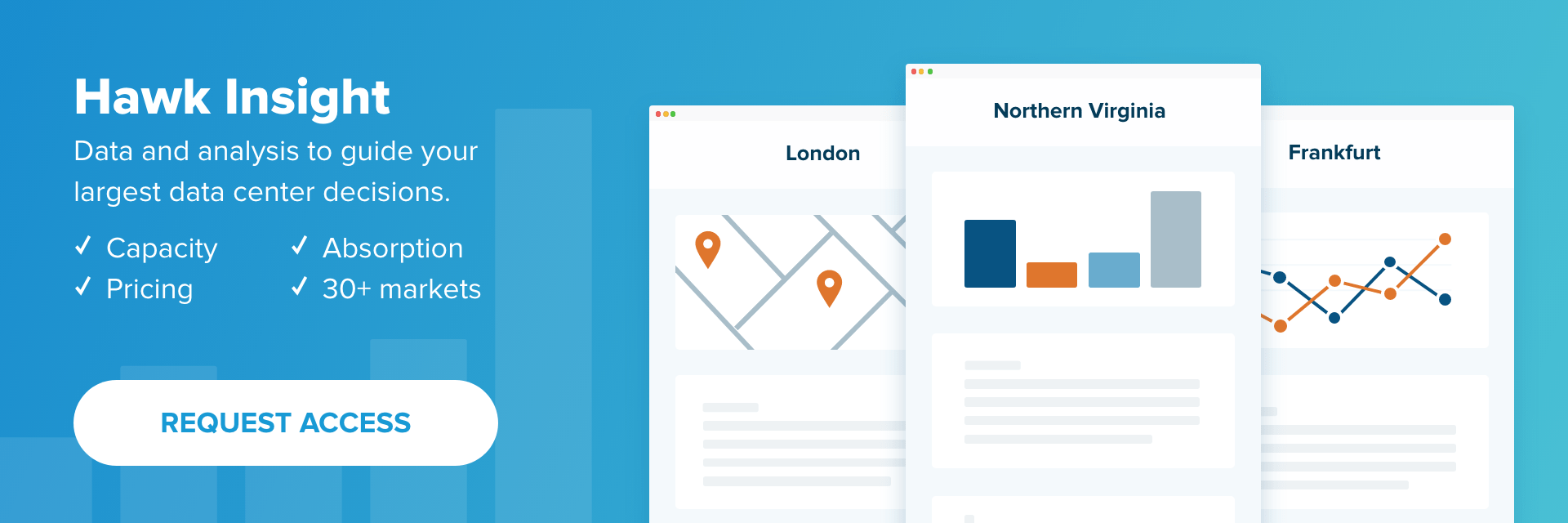By David Liggitt · 3/10/2015

Over the past few years, an increase in data center user requirements between 200 – 500 kW created new opportunities for colocation providers. Customers consolidating their data center environments, relocating, or simply discovering outsourcing value now find themselves at the doorstep of both retail and wholesale colocation providers. What's unique about these new customers is the additional services they require to help manage and maintain their computing environments.
These new opportunities created the colocation market merge. End users' increased power/service needs caused retail colocation providers competing for transactions under 100 kW to extend their services and compete for larger transactions. Wholesale owners who typically went after 1 MW or higher deals responded by developing broader market services to meet the end users' needs.
The resulting competition created by this colocation market merge benefits data center users in three ways:
- Customizable facilities - Today, colocation market providers are building more viable, cost-effective facilities. Data center operators are now more focused on users' needs than they were five years ago; resulting in the flexibility to meet users' desired levels of redundancy and density.
- Comprehensive service options - Most third party operators have spent serious time and effort developing a broader range of services over the last few years. As users' needs have grown, wholesale and retail providers invested both internally and with third parties to ensure cloud, connectivity, and network services are available. This allows companies the option to scale with one provider for longer time periods.
- Competitive pricing - Although colocation pricing has bottomed out to some extent, the last few years have produced aggressive economics for data center users. In addition, users have received favorable concessions including free rent and abatements on non-recurring costs (NRC) in efforts to finalize transactions. Naturally, the increased competition created price compression, and it's been to the users' benefit.
The colocation market merge is a good thing. It's exposed colocation to a set of users who might not have chosen that option in the past. Despite having to be aggressive in winning customers, colocation providers see increased opportunity to add revenue from new clients and services.
